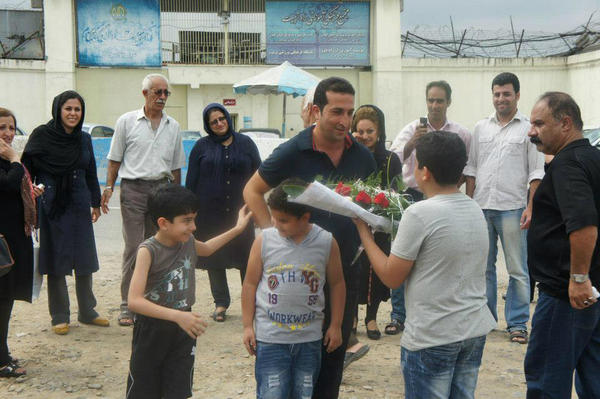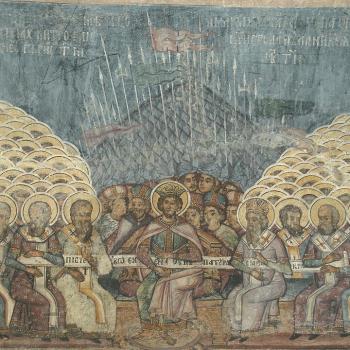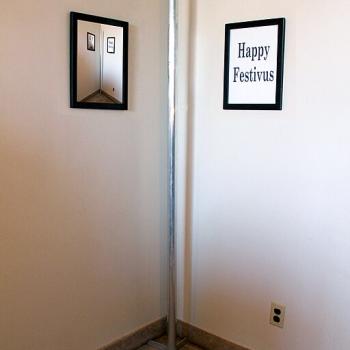The happy news came this weekend that long-imprisoned Iranian Christian convert and pastor Youcef Nadarkhani had been freed from prison. I found out on Twitter, a fact that highlights one of the most fascinating aspects of this story. Social media sites such as Facebook and Twitter have already played a role in an array of social protest movements. The #TweetforYoucef campaign by the American Center for Law and Justice (ACLJ) must be regarded as one of the most successful social media protests yet.
Pastor Youcef had been in jail for three years, awaiting ‘trial’ for apostasy from Islam. In an earlier, pre-Twitter world, he might easily and quietly have been executed for his crime of converting to Christianity. But he was not. Under pressure from the ACLJ, as well as the State Department and other agencies, Nadarkhani was convicted simply of proselytizing Muslims and sentenced to time served.
Jordan Sekulow, executive director of the ACLJ, should be commended for keeping up a relentless social media campaign, during which almost three million people expressed support for Pastor Youcef. Sekulow intentionally reached out to the international evangelical and charismatic community to build support, particularly among Brazilian Christians (Sekulow was routinely tweeting about the issue in Portuguese as well as English). Observers of trends within global Christianity have speculated about the growing sense of connectedness in the world evangelical community; this seems like a practical case study of that connectedness, fostered both by transnational organizations, and by social media.
Pastor Youcef’s release — assuming he remains free and avoids vigilante attacks — is definitely worth celebrating. But we also must recognize that he is only one case among legions of people around the world deprived of the most basic standard of religious freedom: the liberty to worship God according to one’s conscience. Iranian officials did not, of course, even exonerate Pastor Youcef, they just convicted him of a lesser crime. As Commentary has noted, other Christians still languish in Iranian jails for offenses identical to Nadarkhani’s. Similar stories abound throughout the Muslim world. Moreover, Muslims should remember that there are settings in India, China, and elsewhere, where Muslims also suffer under overt religious persecution and discrimination.
As Allen Hertzke recently wrote in Books & Culture, religious liberty is not only a good unto itself, but it is also good for the health of a society. “When religious freedoms increase, inter-religious conflict declines, grievances lessen, and persecution wanes. On the other hand, as government restrictions increase—often at the behest of dominant religious groups—so do violent persecution, inter-religious hostilities, and regional strife.”
We will not be able to have a three-million strong Twitter campaign for every person deprived of religious liberty, but cases like Pastor Youcef’s heighten the attention given to the issue of international religious freedom. This is especially important for an American evangelical community that can be awfully self-centered, especially during a presidential election campaign. Yes, there are significant reasons for concern about the incremental scaling back of religious liberty in America. But when we consider the imminent peril of believers such as Pastor Youcef, the freedom we enjoy as Americans is put into helpful perspective.












